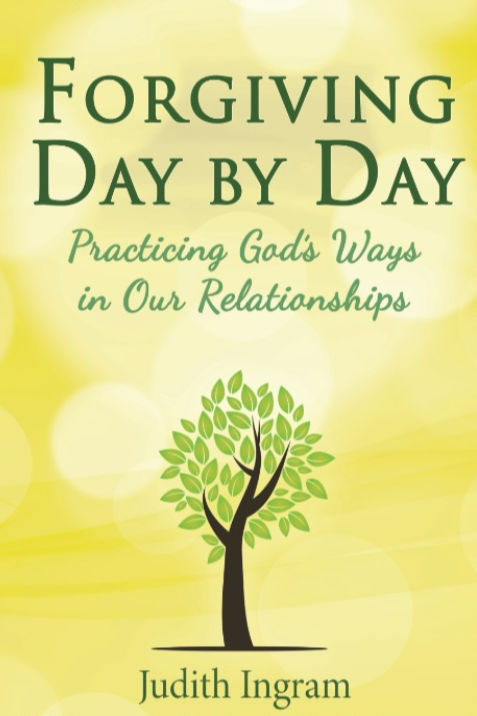Scripture
Exodus 20:16 NRSV
You shall not bear false witness against your neighbor.
Consider
Using our words wisely is a powerful responsibility. Unique to the human race, language can build up community or burn down bridges, raise a spirit or destroy a reputation. As James points out in his letter, we use our words to praise God and, in the next breath, to curse a neighbor created in God’s image. “My brothers and sisters, this ought not to be so” (3:12).
What we tell ourselves about our neighbor—our friend, spouse, parent, coworker, boss, political opponent—determines the nature of our relationship, depending on whether we view the other person as ally or adversary, trustworthy or dangerous, admirable or despicable. This friend-or-foe dichotomy filters our perceptions so that we tend to overlook flaws in a friend and discount virtues in a foe. In a process largely unconscious, we bear false witness to ourselves about this person and also to others as we seek support for our opinions.
Whether favorable or unfavorable, both forms of bias are dehumanizing. We are no more honest to insist that a wolf is merely an unhappy sheep than we are to denounce a child molester as an evil monster. We speak against our neighbors whenever we depict them as less than they are: a complex weaving of divine image with human failings and frailties, each beloved by God and with a personal story known only to God.
In the face of human cruelties and persecutions, Jesus once cautioned his disciples to keep a balanced perspective: “Be wise as serpents and innocent as doves” (Matthew 10:16 NRSV). In other words, keep your eyes open to the realities of evil in human behavior, and your heart open to offer love and kindness without conditions. Even as we stay alert to dangers and exercise prudence in our dealings, our best defense lies in the purity of our hearts and the innocence of our motives.
With our lives open and our motives undisguised, the Spirit is free to work in our relationships and give us the right words to speak, so that evil will not win over us. Forgiveness and acceptance become possible when we abandon our two-dimensional caricatures of people and begin to see them in their full humanity. A balanced view helps us to be careful yet still open to opportunities for healing and reconciling and for changing labels like “friend” or “foe” to “sinner and beloved child like me.”
Pray
My Lord God, open my eyes to see more of each person in my life. Show me where bias and personal needs have blinded me to people’s qualities that I don’t want to see. For their own sakes, help me to face what is unpleasant in someone I love or what is admirable in a person I’ve chosen to dislike. Teach me how to balance shrewdness with innocence, and come to my aid when I need wise and truthful words to speak.
Reflect
Psalm 51:10; Matthew 10:16-20; James 3:1-12
Ponder
Who are the people in my life I tend to either disparage or excuse because I’m reluctant to see the whole person?








